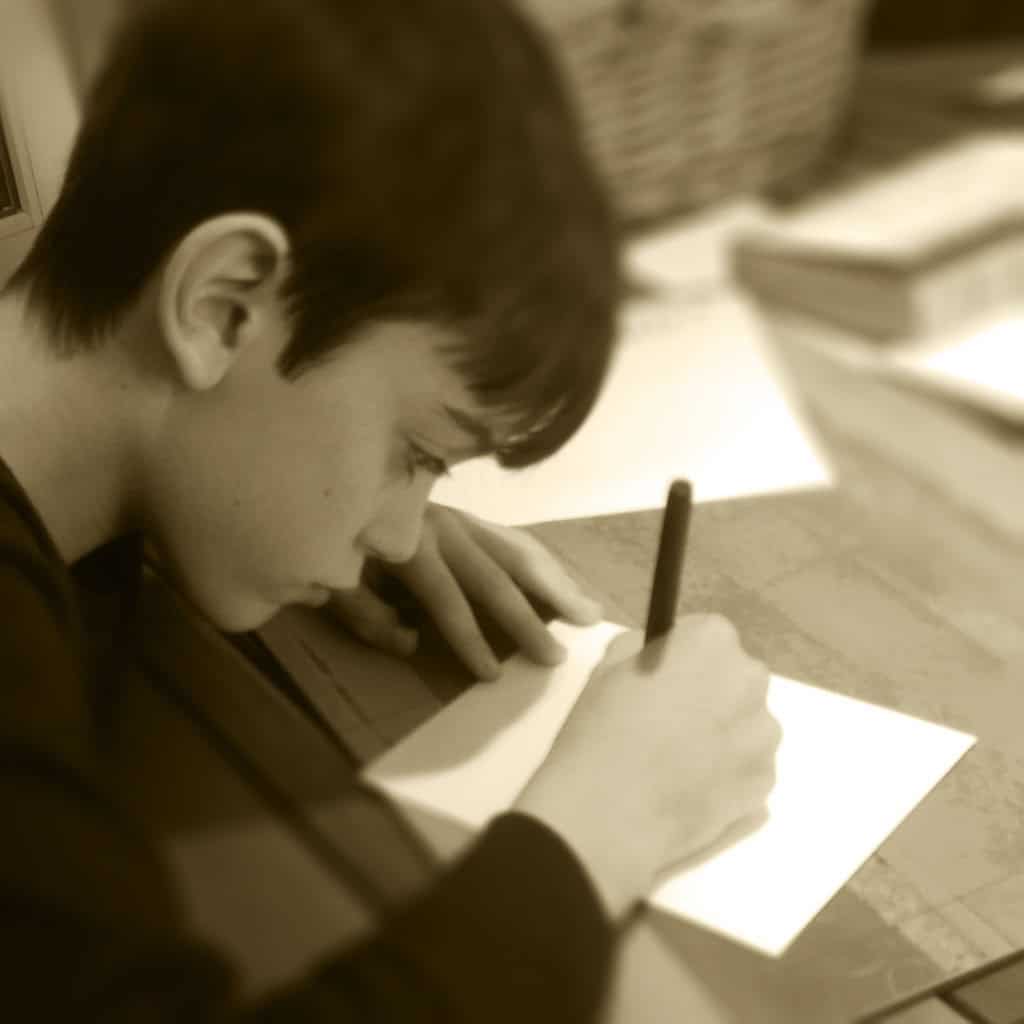Basic manners and etiquette rules are something many of us take for granted. We’ve grown so accustomed to performing these tasks in our everyday lives, having been taught at a young age what is acceptable and polite, that we automatically assume everyone else has learned the same conduct. Certain behaviors, like saying please and thank you, or chewing with your mouth closed, are second nature, but everyone is not schooled in the same ways.
While proper etiquette hasn’t changed and the rules remain the same–you should still keep your mouth closed when chewing–each generation receives them differently. Largely gone are the days of finishing school. Today, manners have largely fallen out of practice in many areas as American life has adopted a less formal way of life and appears to be more relaxed, less refined, and a bit more self-involved. This is likely why many Boomer etiquette rules don’t resonate with Gen Z (or even Millennials)
Writing Thank-You Notes

©"thank you note for you" by woodleywonderworks is licensed under BY 2.0. - Original / License
There was a time when if you received a gift, you wrote a thank you note — handwritten, mind you — and mailed it to the person you were thanking. In fact, there was an entire stationery industry that thrived on creating beautiful sheets of paper and carefully coordinated envelopes to ensure that not only were the words of thanks thoughtful but that they looked nice too.
Practicing Good Table Manners

©Evans/ via Getty Images
Folks of a certain age likely recall being told to put their napkin in their lap, elbows off the table, chew with their mouth closed, and the proper way to set a table and use the utensils. Oh! And don’t forget to say grace.
Politely Answering the Phone

©FPG/ via Getty Images
The irony of phones today? No one likes to talk on them. Boomers know that there was a time when you answered the phone with “Smith residence.”
Dressing Up For Air Travel

©Hulton Archive/ via Getty Images
Traveling by airplane meant one thing was certain: you were to be dressed up for this exceptional travel experience. Women wore skirts or dresses, men wore suits and ties.
Respecting Your Elders

©Evans/ via Getty Images
Whether you were interacting with your parents, your teachers, or any other adult, children were always to address their elders as sir and ma’am as a show of respect.
Standing When an Adult Enters the Room

©Zolthar/Shutterstock.com
Whenever an adult entered the room, children were to stand up and acknowledge their arrival as a show of respect. Bonus points if you extended your hand for a handshake.
Tipping Your Hat

©Everett Collection/Shutterstock.com
Speaking of toppers, men were also expected to tip their hats as a greeting or show of recognition for another person.
Opening the Car Door for Your Date or Significant Other

©FPG/ via Getty Images
It was considered polite for a man to open his date’s or significant other’s car door for her and close it once she was neatly inside before he got into the driver’s side.
The image featured at the top of this post is ©Evgeny Atamanenko/Shutterstock.com.
